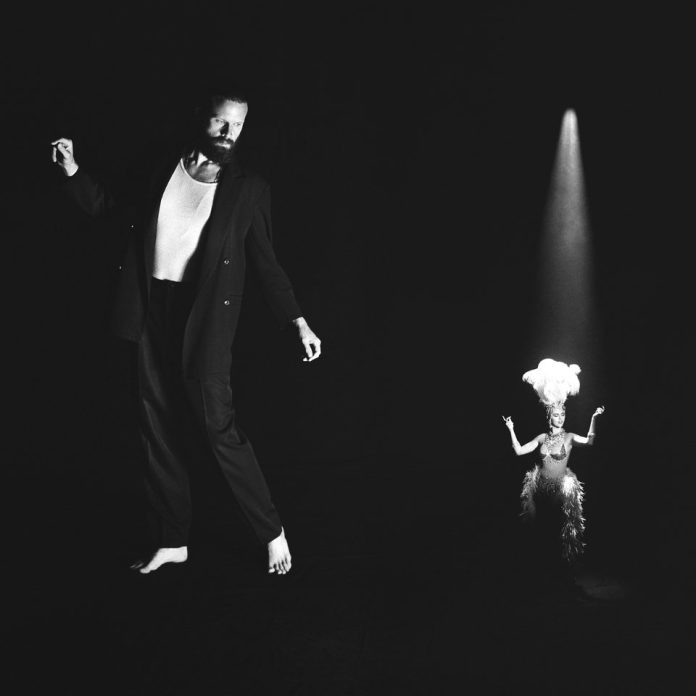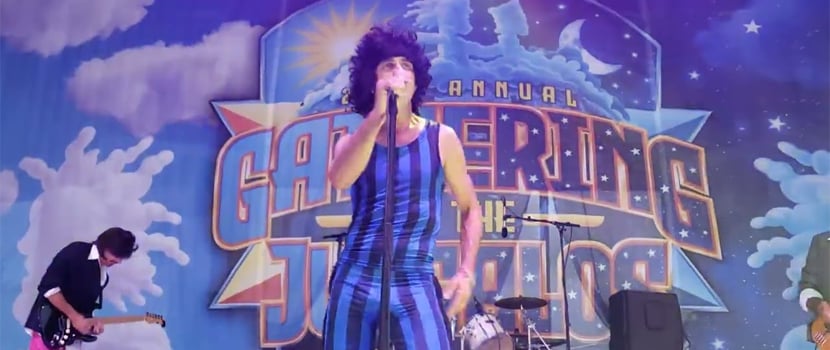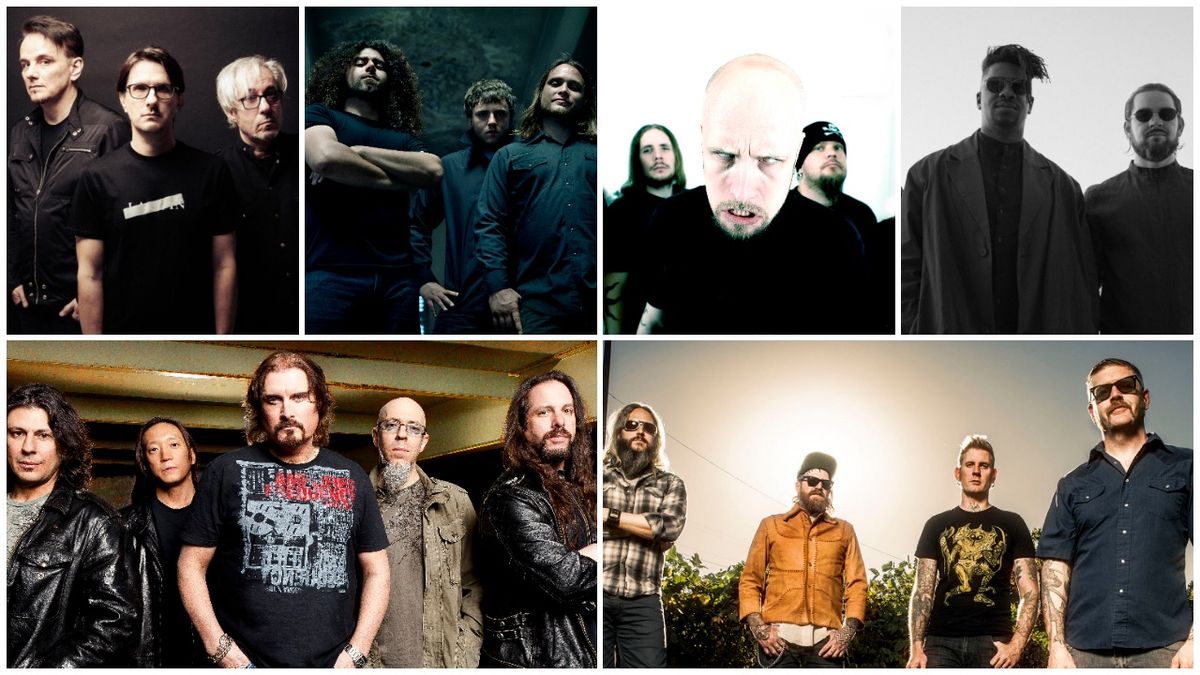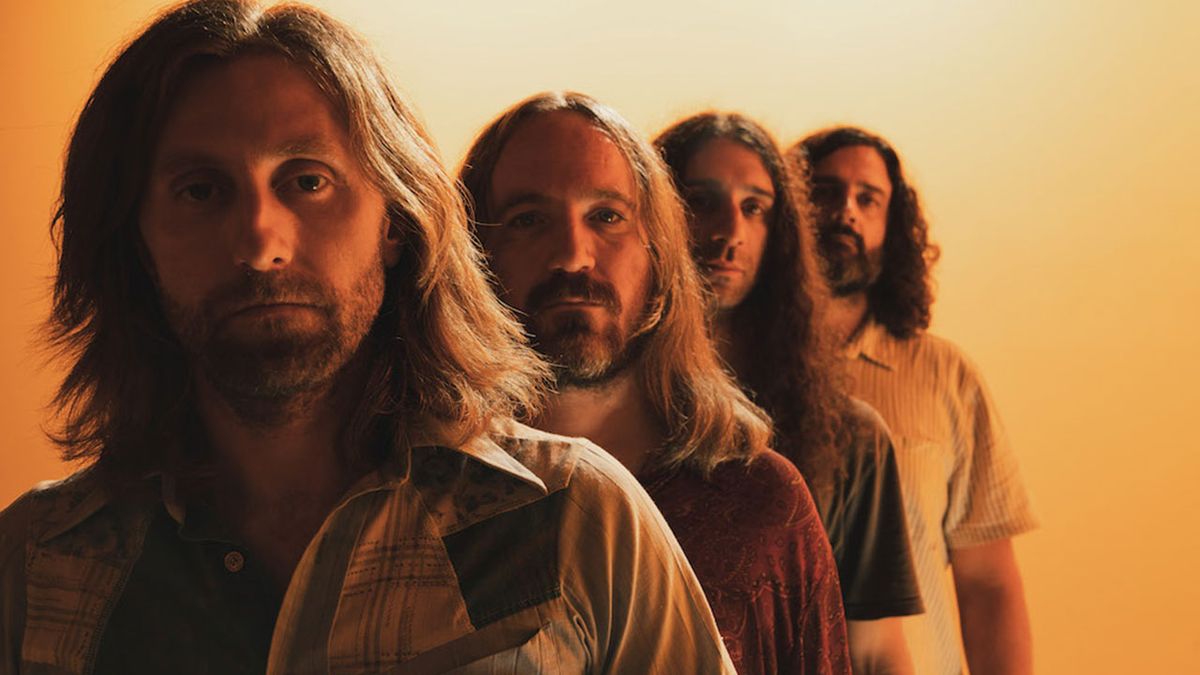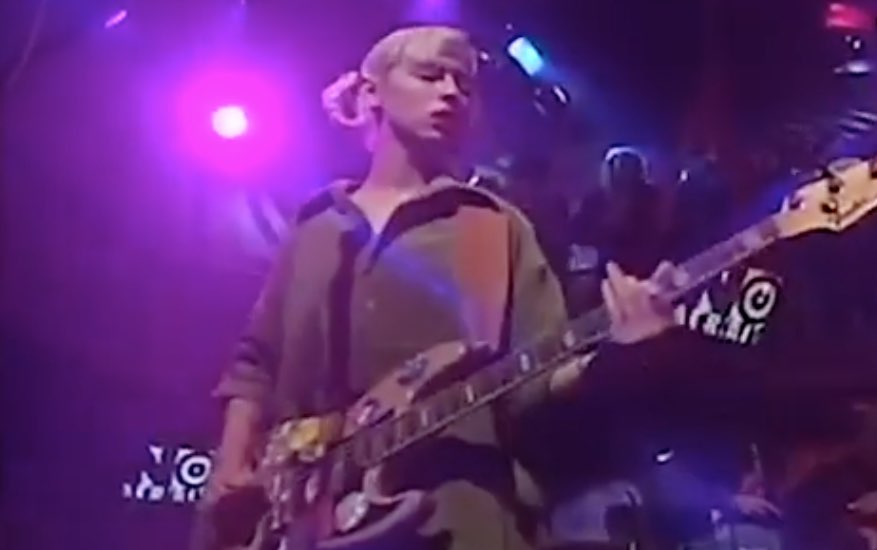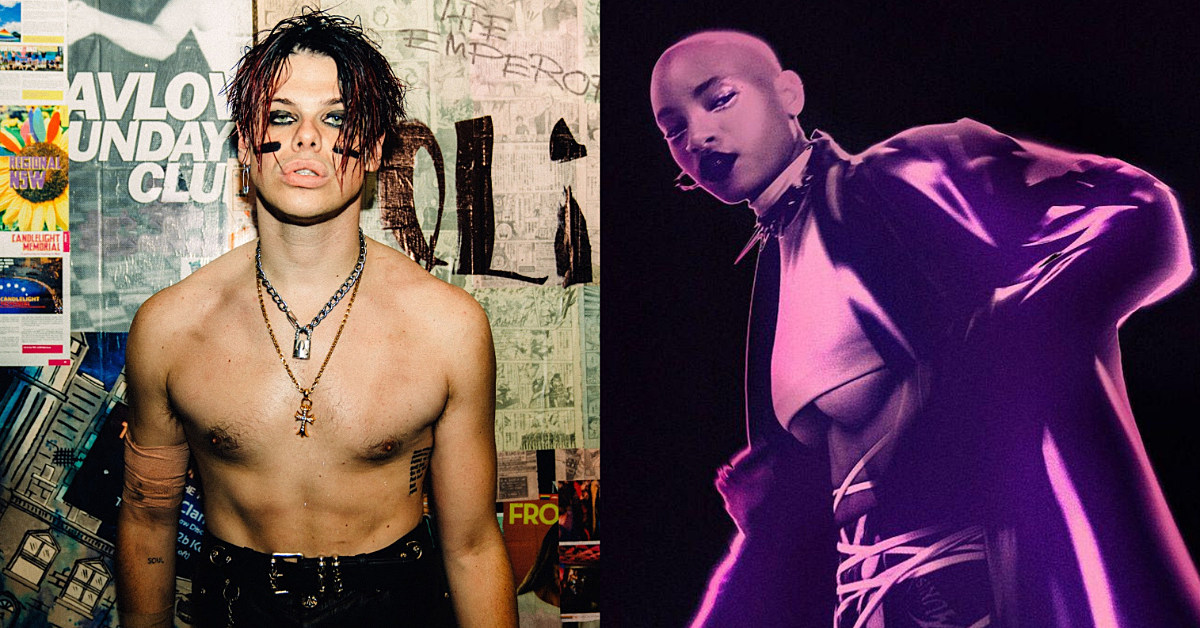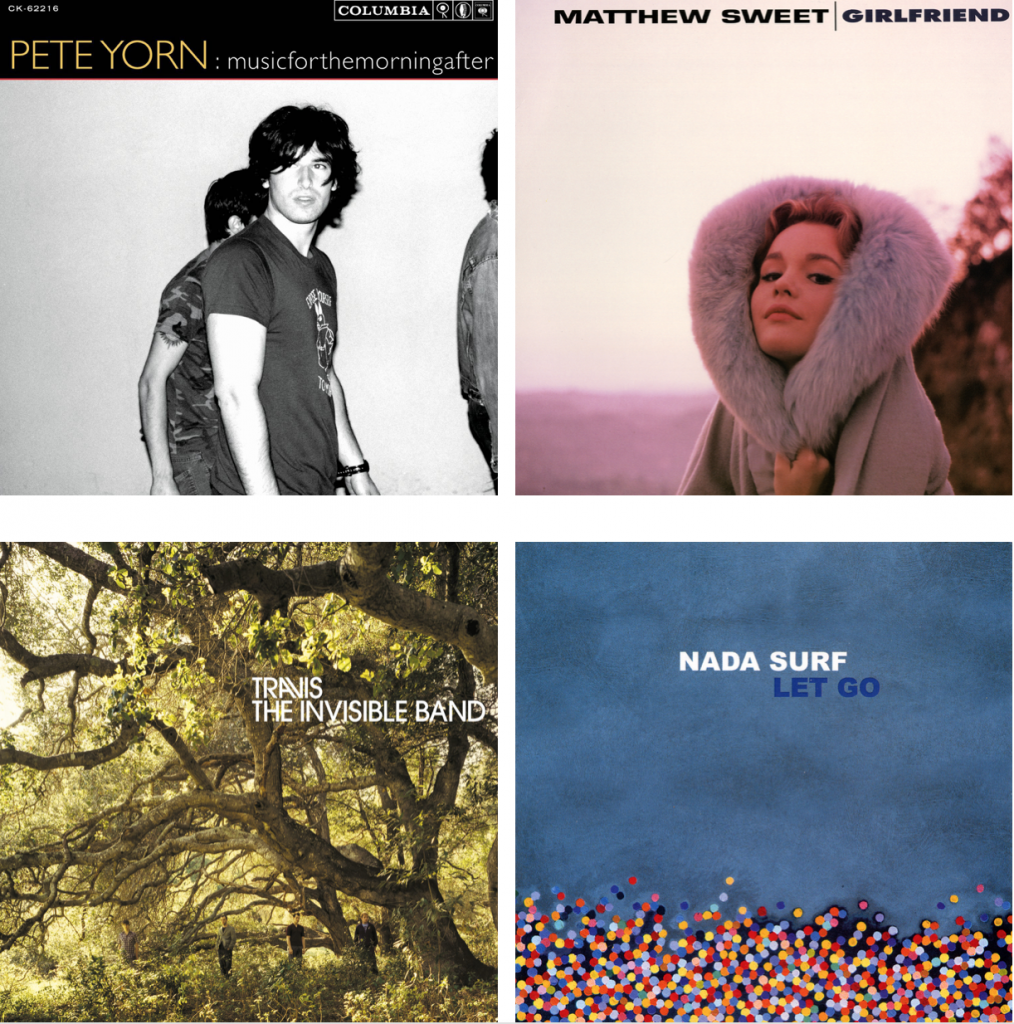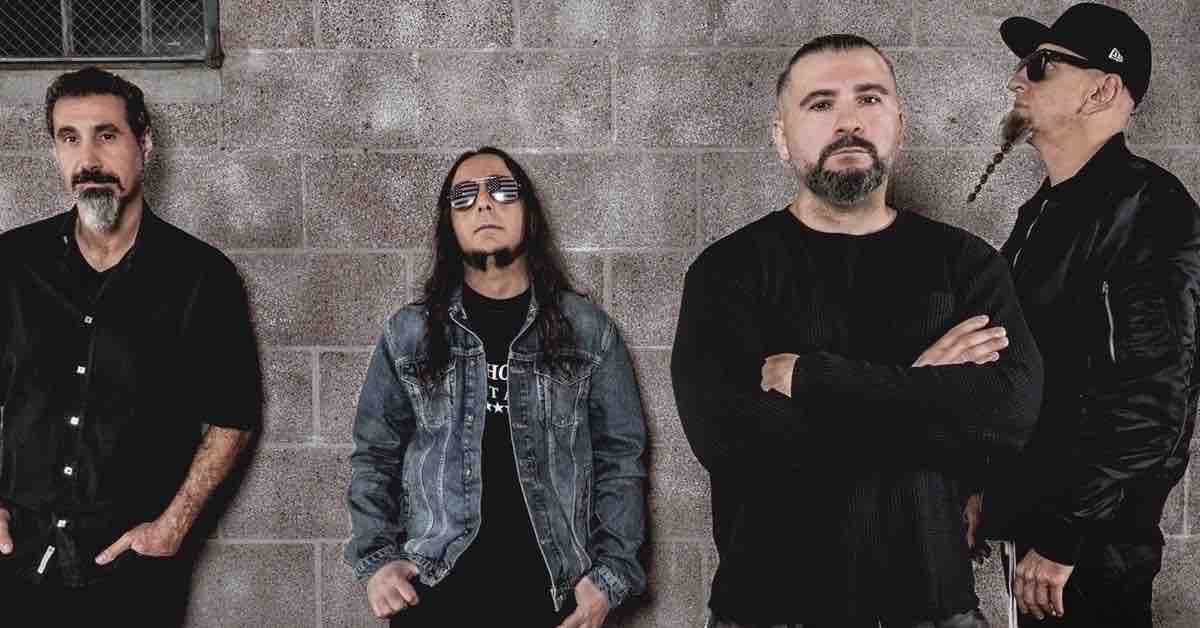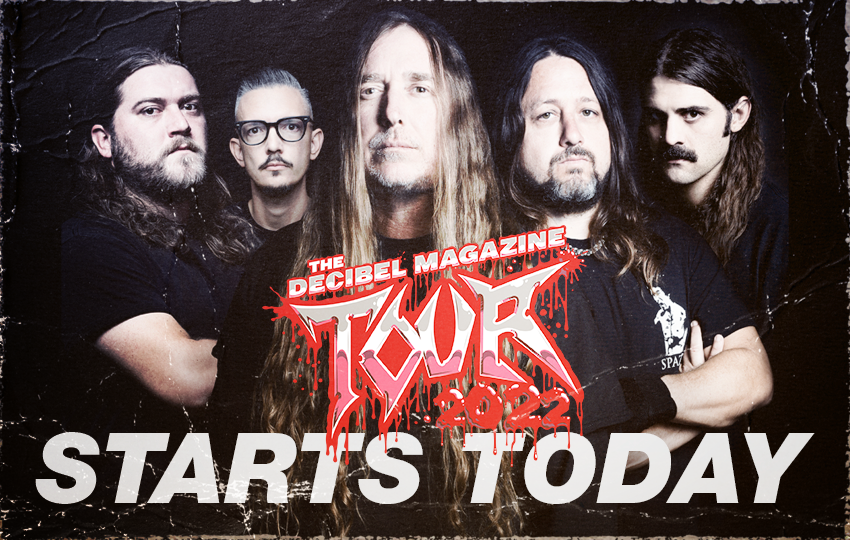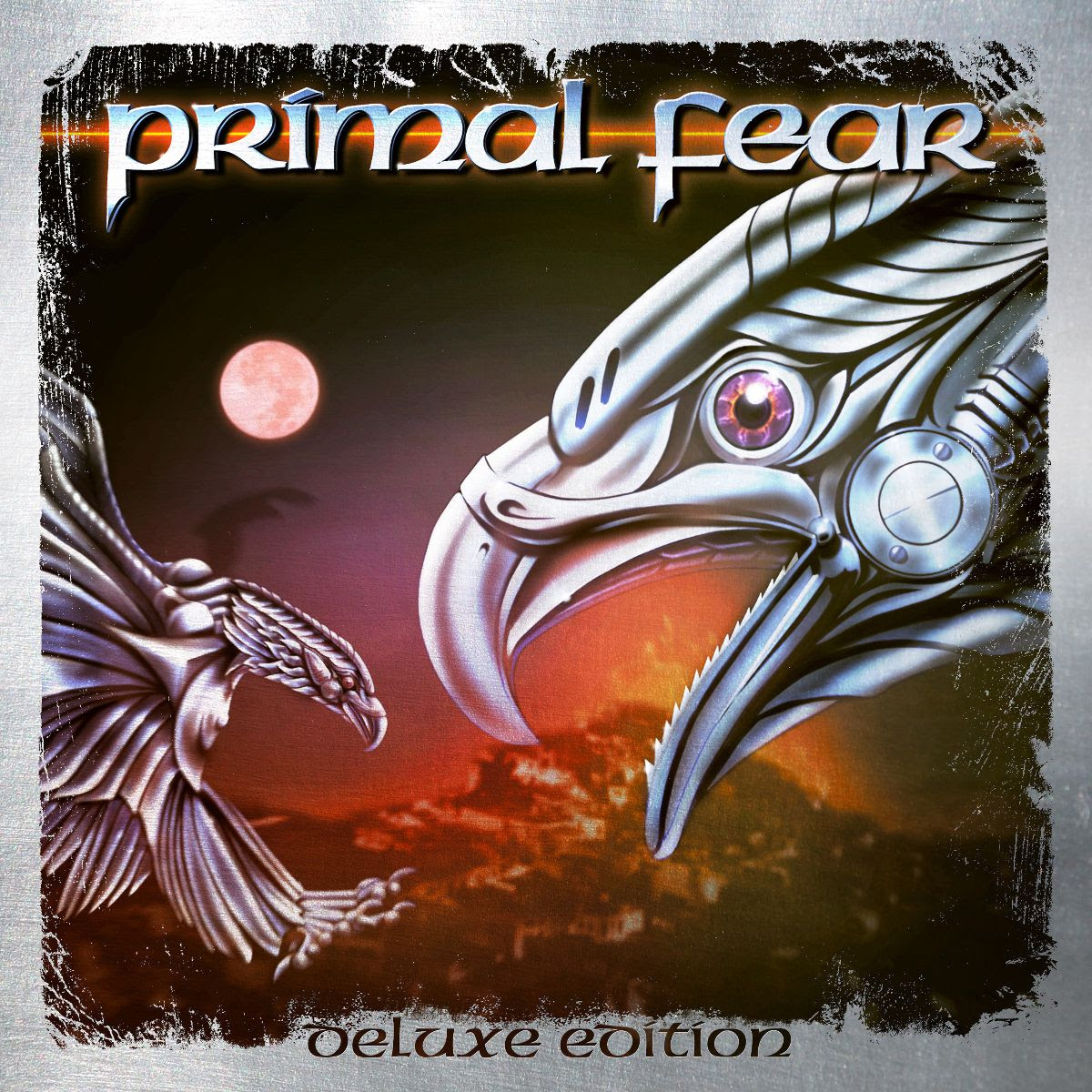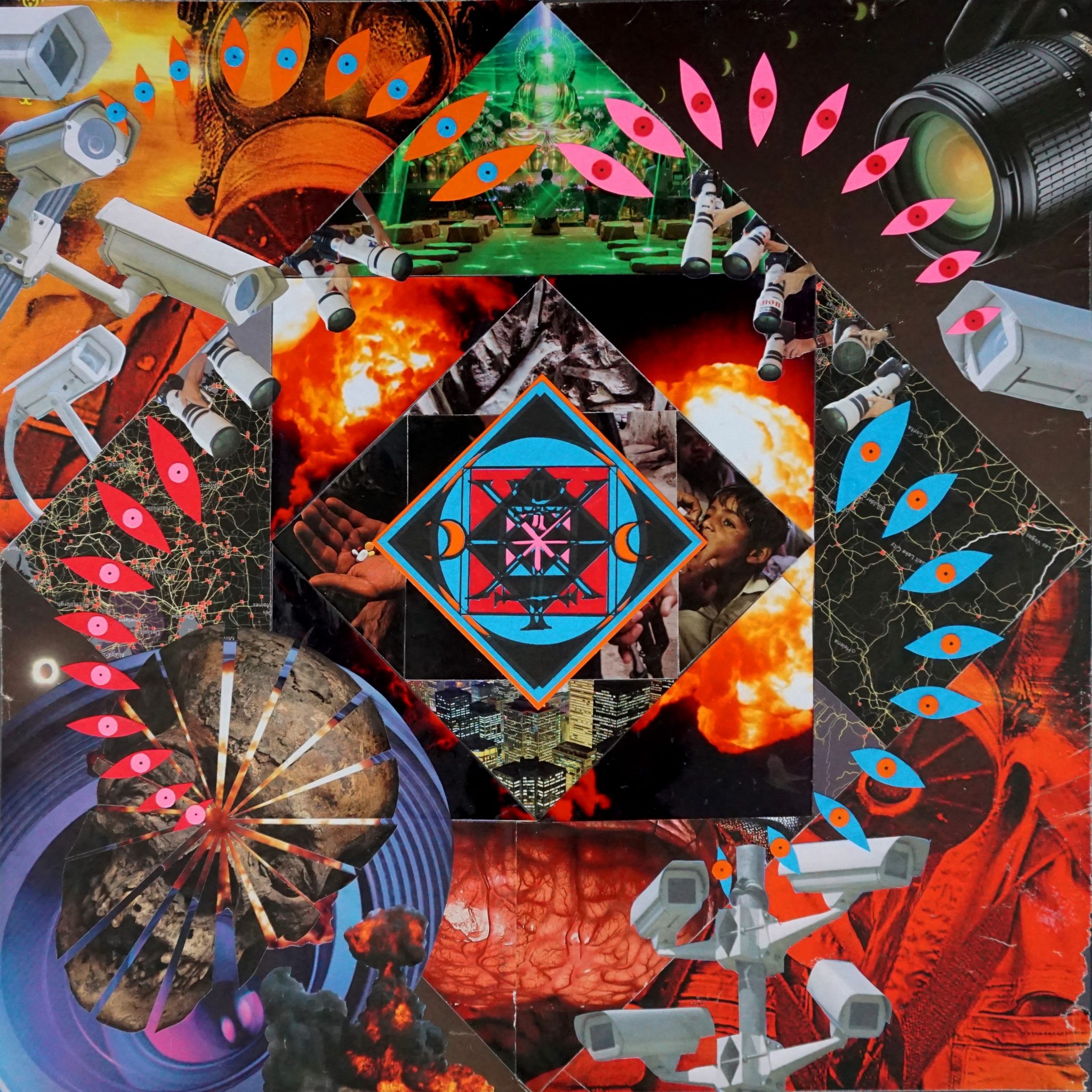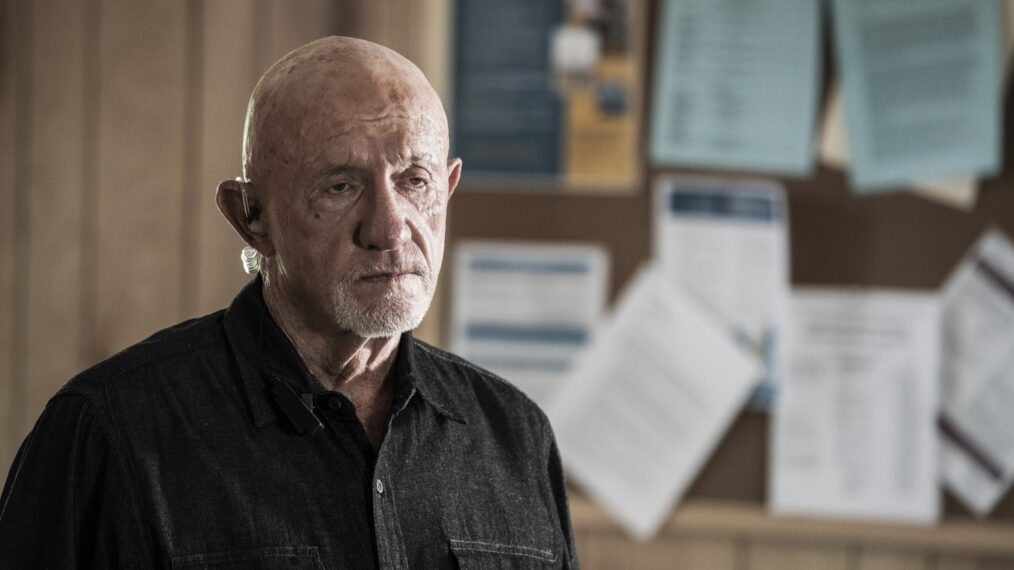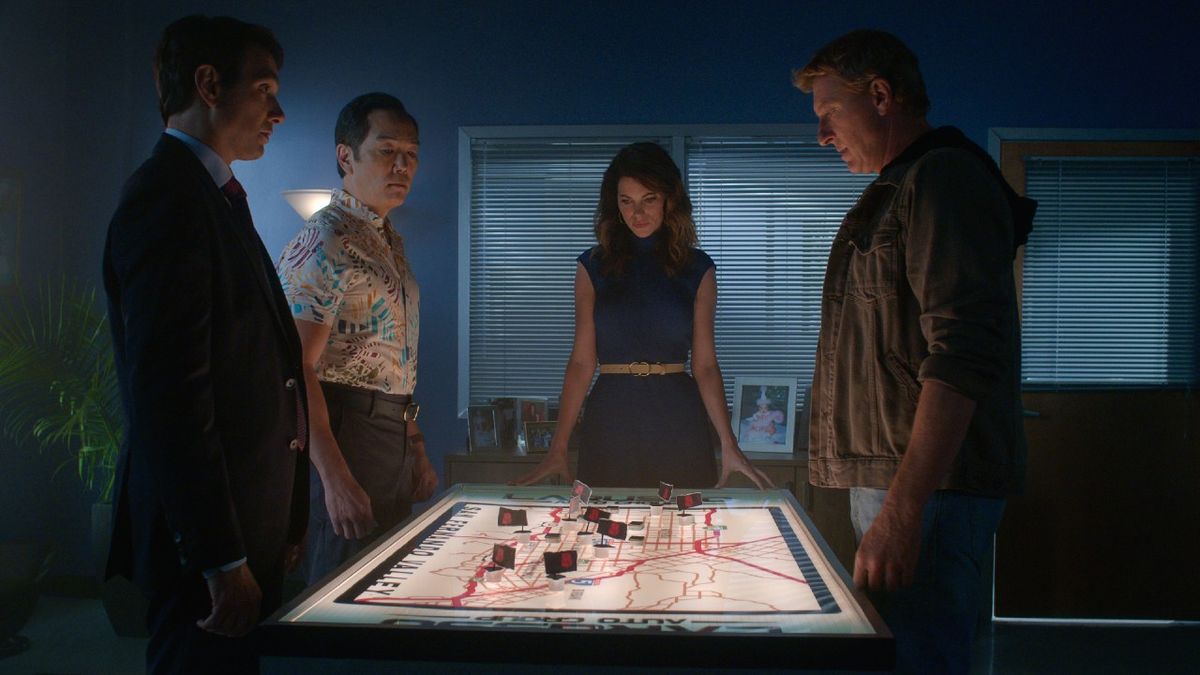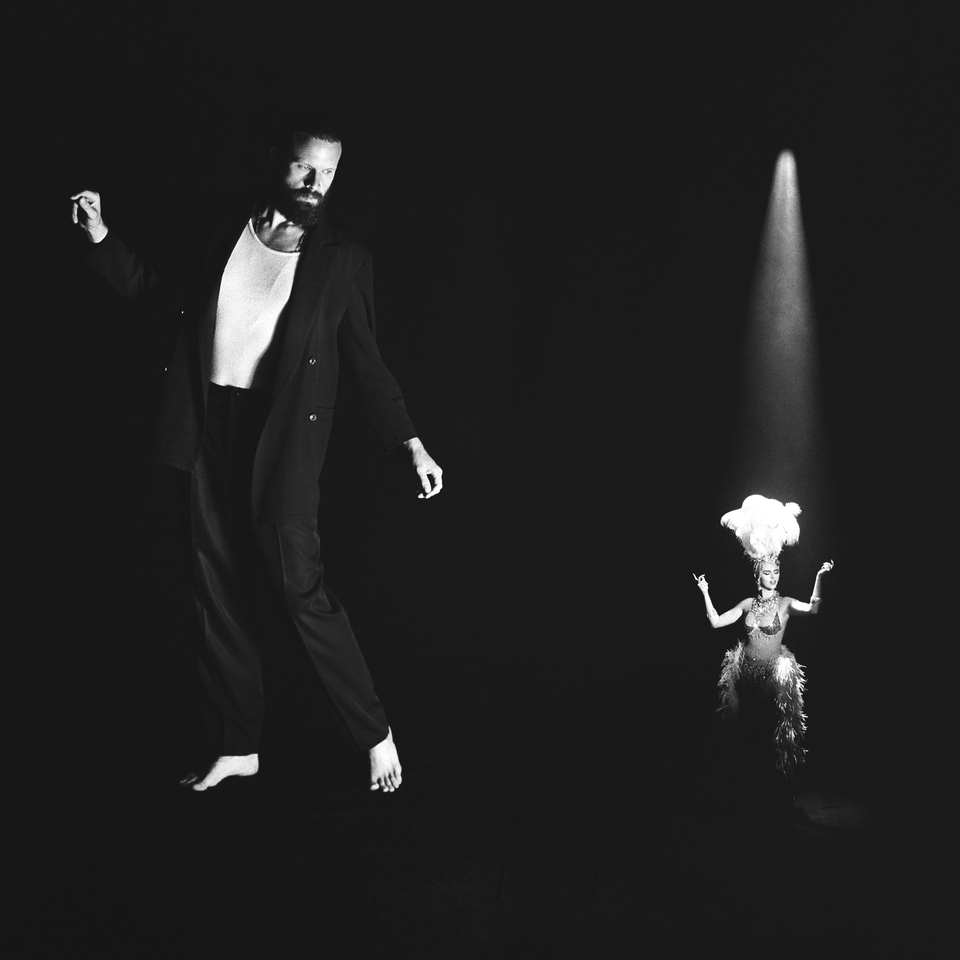
Father John Misty is something of an online discourse generator. You never quite know what to expect from him. He used to have a tremendous presence on the internet and social media at large, but he has receded a bit in recent years. Around the album cycle for 2017’s epic Pure Comedy, it seemed like Josh Tillman, who has been performing under the Father John Misty moniker for a decade now, couldn’t stop over-explaining his music. The following year, however, he became notably less loquacious on the understated, masterful, and personal God’s Favorite Customer. He’s keeping that up for his fifth record as Father John Misty, Chloë and the Next 20th Century. Although Tillman’s music is fun to talk about online because of its excess and decadence, his delightfully outsized personality has taken a backseat, allowing his new album to speak for itself and for listeners to engage with it on their own terms.
Written and recorded in the final quarter of 2020, Tillman reunited with his longtime collaborator and co-producer Jonathan Wilson. Tillman also worked with Drew Erickson, whose rich string arrangements lend the album a level of earnestness that can occasionally rival Father John Misty’s sophomore outing, I Love You, Honeybear. Tillman can be witty and sardonic, but he’s often at his most affecting when he’s sincere. On the penultimate song, “We Could Be Strangers,” he tells a tale of a romance destined to fail, but he and his partner decide to stay together for just a night longer because, he concludes, “no one’s really better off alone.”
At the end of album closer, “The Next 20th Century,” Tillman decides that, though we may live in dire circumstances, he’ll try to enjoy what he does have: “I don’t know ‘bout you / But I’ll take the love songs / If this century’s here to stay.” “Goodbye Mr. Blue” sees him reckoning with love and depression, exploring the dissolution of a relationship through their pet cat, the only common ground they share now. He’s worried that he won’t understand what love is until it’s entirely absent from his life. “That last time was our last time / Would have told you that the last time comes too soon,” Tillman sings wistfully.
Whether these songs are autobiographical or not is difficult to deduce, as this batch of heartfelt tracks doesn’t impede Tillman from adopting a fictional style every now and then. For instance, “Q4” is a narrative about a writer listening to book editors’ opinions on the “semi-memoir” she penned about her sister’s death. On “Olvidado (Otro Momento),” Tillman sings in a little Spanish about how words fail him when he’s falling for someone. He’s accompanied by a bossa nova beat, a percussive refrain that resurfaces numerous times throughout Chloë and the Next 20th Century.
There’s something about Chloë that feels utterly Gatsby-esque with its Roaring ‘20s air and its black-and-white aesthetic palette. Most of the record consists of piano-based compositions with strings, woodwinds, and horns galore. These are instruments that Tillman and Wilson have used before, but Chloë is more unashamedly orchestral, jazzy, and Old-Hollywood-adjacent than any of its predecessors. “Funny Girl” opens with rolling timpani and legato strings. The opener, “Chloë,” is built on muted horns, vibraphones, and a swung beat with brushes. “Q4” straight-up uses a harpsichord. Every Father John Misty album establishes its own sonic identity, and Chloë and the Next 20th Century is no anomaly. It makes complete sense that Tillman would formally announce the record with a spoken-word vinyl sent to fans through snail mail, further cementing its Event status.
Chloë and the Next 20th Century bookends itself with the fittingly titled “Chloë” and “The Next 20th Century,” the latter of which is an extravagant, almost-seven-minute track that plays out like a thesis for the album. The bossa nova pattern and strings return, but the general tranquility is interrupted by a trenchant guitar solo about halfway through, only to restore its former quietude a little while later.
There are no other moments like it on the album, and it displays what Father John Misty does best: toys with our expectations. Even though we’ve spent 10 songs becoming accustomed to Chloë’s milieu, Tillman upends that comfort on the 11th song. Ultimately, Chloë and the Next 20th Century signifies something larger. Father John Misty will always be interesting.
